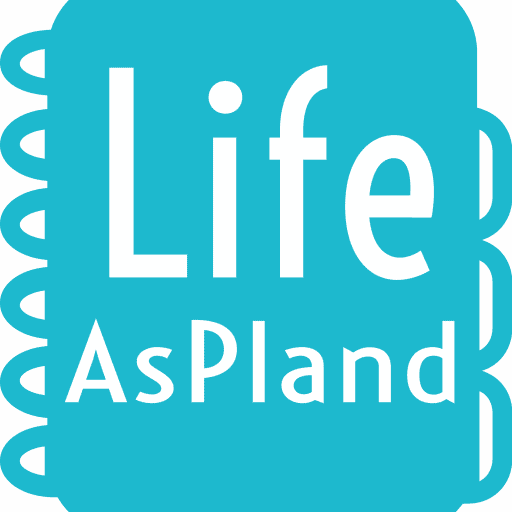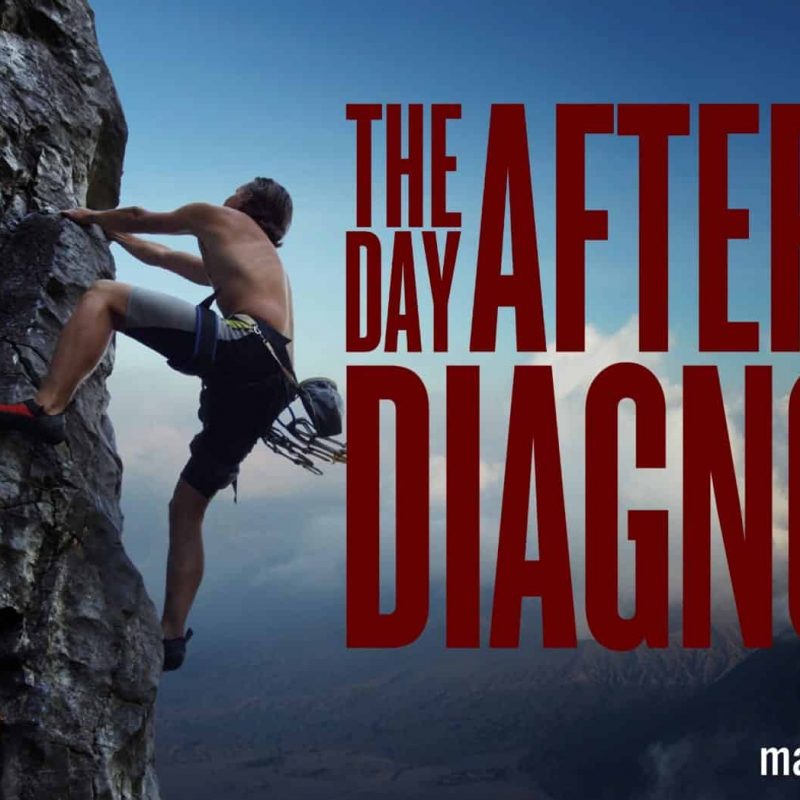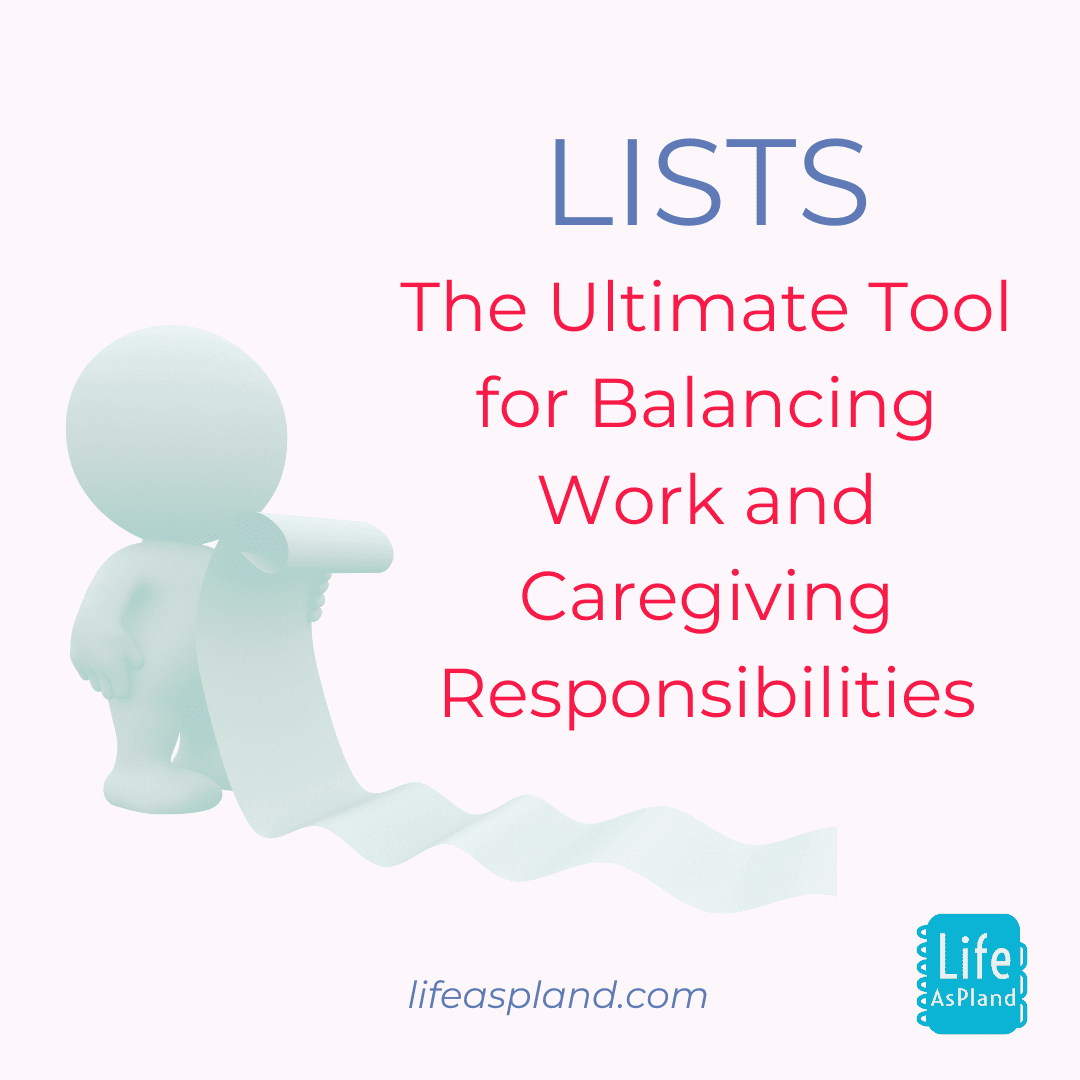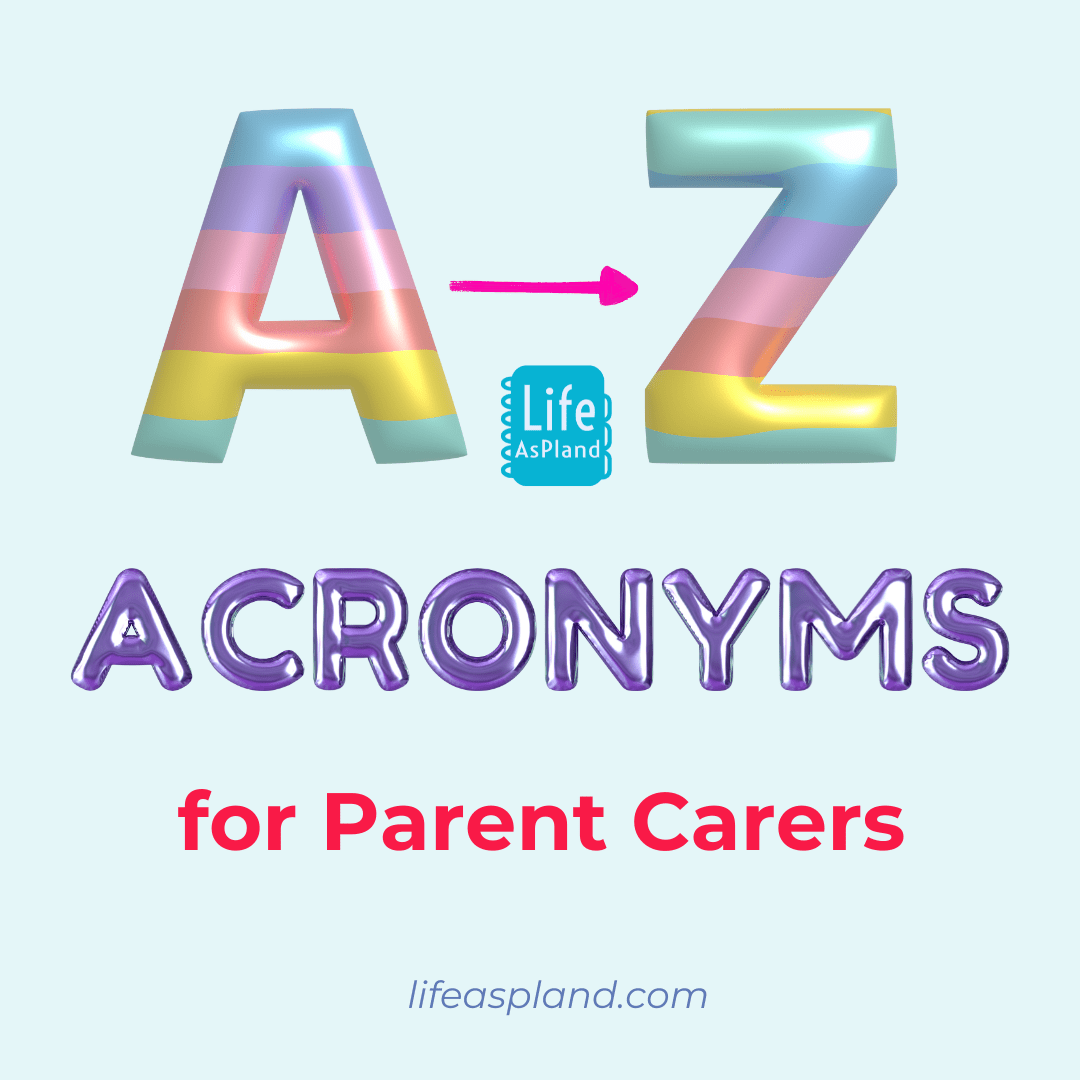So much is written about how to get a diagnosis; what the criteria is for a diagnosis and what to do when you don’t get one but little is written about how it feels to get the diagnosis.
As a family, we’ve collected many a variety of diagnosis along our travels. You would think that, by now, we would be pretty used to being handed a new label/diganosis and getting on with it; you would think that we would be hardened to the experience.
However, last week, we walked into a development assessment, with a few concerns, and walked out five hours later with a diagnosis. Although we had our suspicions, a huge part of us wanted to be wrong. Part of us wanted to be told we were just being a tad neurotic.
What happens the days after the diagnosis?
Sorrow: As much as you want that diagnosis, as much as you want that confirmation that your suspicions are right; as much as you know the diagnosis will possibly help to meet some service requirements, there is also sorrow. Sorrow that your suspicions are right, sorrow that you will now meet criteria. Sorrow that your child may no longer be perceived by others as “normal”. This sorrow can be much worse when you are not expecting the diagnosis.
Hearing that my eldest son had ASD was easier to deal with than when I heard he had hydrocephalus. We were looking for the diagnosis of ASD, so even though hearing it hurt, the shock wasn’t there. Hearing he had hydrocephalus was a shock, we went to a baby clinic to see if he was putting on weight and walked away with an urgent GP appointment and within a few days we were in hospital having brain surgery. The shock aspect of this made the sorrow harder; we weren’t prepared.
Panic: The panic sets in. Who do you need to tell? How will they take it? How do you make sure everyone who needs to know knows? How do you know who needs to know? What is going to change? Is your child going to be treated differently? Will this be a positive thing? What are the negative possibilities? How do you prepare for them? What does this mean for the future? Who will be involved? Will your child have the same opportunities as they did before the diagnosis?
Now you have the diagnosis, now that you have possibly battled to get it, the last thing you want to do is waste it. So you panic about what to do next. For us, this has become easier as we now know the system so well and know who we need to keep updated. The first few labels were much harder. We had no idea that hydrocephalus was classed as a disability, our perception of disability has changed dramatically since then. We had no idea of who we needed to speak to or how to contact them.
Anger: The diagnosis can make you angry, it can be hard to go through the process just so your child can get the support or help they need. You may feel angry at the length of time and number of hoops you have jumped through to get here. It may be a shock and the anger is a reaction to suddenly feeling out of control of a situation.
Anger is very common; don’t feel bad about being angry. In the first few years, I was angry at the world. I had had enough and was so tired of people saying things like “God only gives you what you can cope with” or “special people get special children”. I was angry when people stopped to watch my blind son taking his first steps, I was angry when people tried the tough love approach and told me to get over myself, I was angry when my husband came home from work and wasn’t immediately attentive of my needs. Anger is normal, it doesn’t mean you don’t love your child.
Comfort: There is a certain comfort to be had from a diagnosis. A comfort that you now can possibly access that support that you need; it can be comforting to know that you weren’t neurotic or “just looking for problems”, it can be comforting to know that you can now start looking into treatments/therapies/adaptations to help your child.
It can feel wrong to be comforted by a diagnosis. Stop worrying about feeling good about it, if it helps your child, it is something to feel good about.
Exclusion: Suddenly you wonder where you and your child fit in now? Your friends without a child with the diagnosis may not understand. Your friends with a child with the diagnosis may not have the same experience as you. You will feel alone and not sure where to turn.
So, what helps?
You need a POT!
A Plan. Leaving without anything other than a label is hard. Leaving with a “now/next” plan helps. When we walked out of our first ASD diagnosis, we left with a poor quality photocopy of a local charity’s leaflet offering ASD support. As we had contacted this charity before the diagnosis only to be told they couldn’t offer us any help or advice at all without a diagnosis, we weren’t hugely keen to get in touch with them again. When we left last week, we had a plan. We know what happens next, we know who will be involved and we know who is doing what and when. This made it all much much easier.
An Outlet – someone to talk to, someone for you to say “this hurts”, “this is great” or “this makes me sad”. Having someone you know you can talk to is so important. When I walked out of the first diagnosis, I rang family and friends but felt as if I was also having to be strong to support them. This time round, I messaged a mum who knows how it feels, someone who has the same sense of humour as me, who immediately messaged back and said “don’t forget, he only gives you what you can cope with”. She knew this would make me laugh. She did then offer me the outlet I needed, just someone to spout off to about how unfair it was and how sad I felt, without my worrying about being judged. By the time I got round to speaking to family/friends, I was in a much better place emotionally.
A Team. Having a team helps. A team of people who work with your child and who you trust. During our first few bumps into a diagnosis, we didn’t know who we trusted, we didn’t know who was involved. However, this time, we know the team involved. When I rang them the next day, they were amazing. One of the first things they said was “you know, they’ll still be the same child to us, don’t you?”; we then discussed the plans we had left the hospital with and then they asked how I was doing. I’m known as being quite a bolshy mum (you may be shocked) and sometimes I worry that the facade is perceived as reality. Having a team who know it is only a facade helped.
After collecting a huge array of labels, having a new one added is still painful to hear. We cried. We hurt.
However, we had our POT ready. We left with a plan, we had our people to speak to and we have a great team who said and did all the right things.
So, if you are in the process of trying to get a diagnosis, “Get your POT ready” and be prepared to enter SPACE.
If you believe your child has a syndrome without a name, please contact SWAN who can offer support.








6 Comments
Great post I think the first few weeks after any diagnosis is the worst. You are a very strong family and I know you will get through this, with a good support network
Thanks Wendy, having the support network is essential, isn’t it? xx
Brilliant, really helpful – takes me back to six years ago when we got our diagnosis. Would have been useful to know what was about to happen! Love the SPACE and POT ideas 🙂
I remember when I got little A’s diagnosis, I cried in the car. I was totally expecting it, I think it was a mix of fear and relief.
I’ve never had the energy to fight for a diagnosis for RJ, he’s doing ok though. I hope you’ve got your head around it all now xx
We’re ok, thanks. The hardest part was telling him.